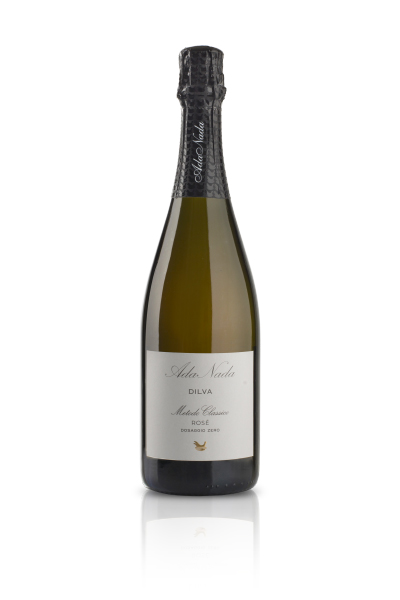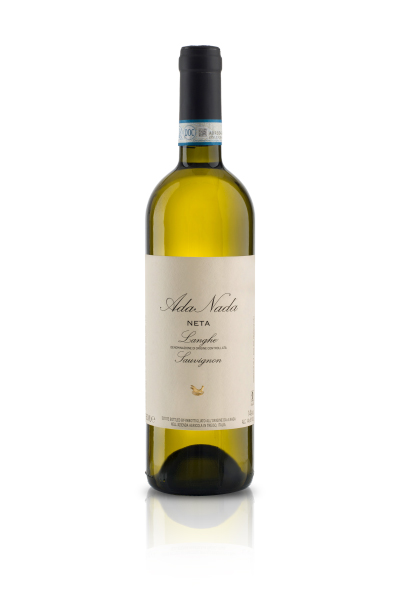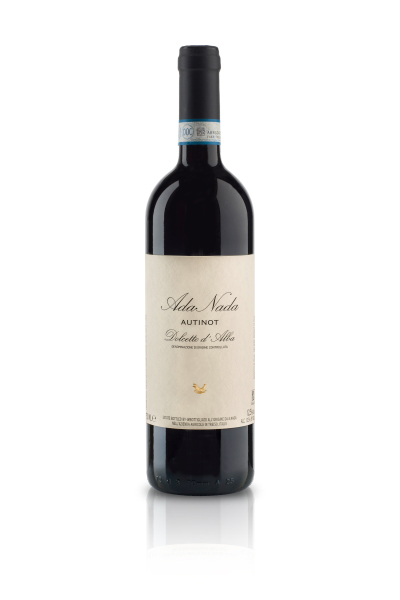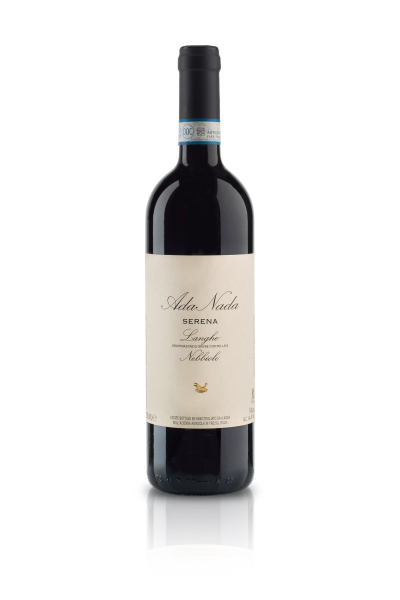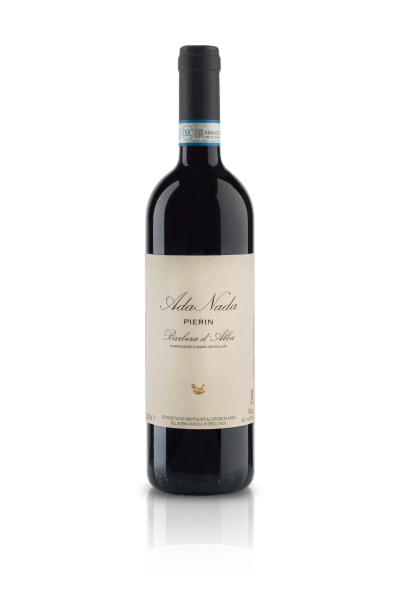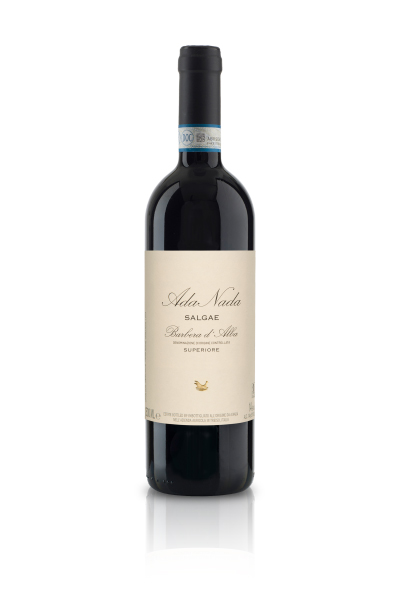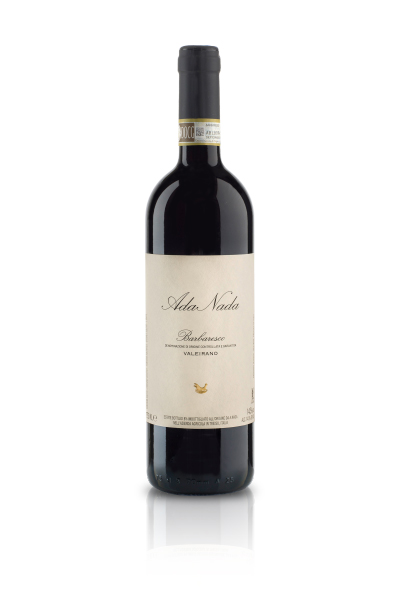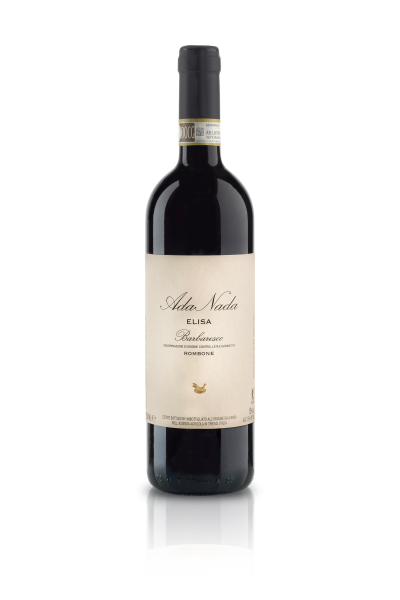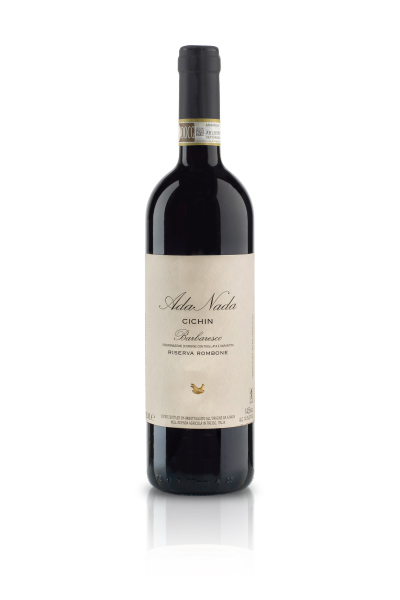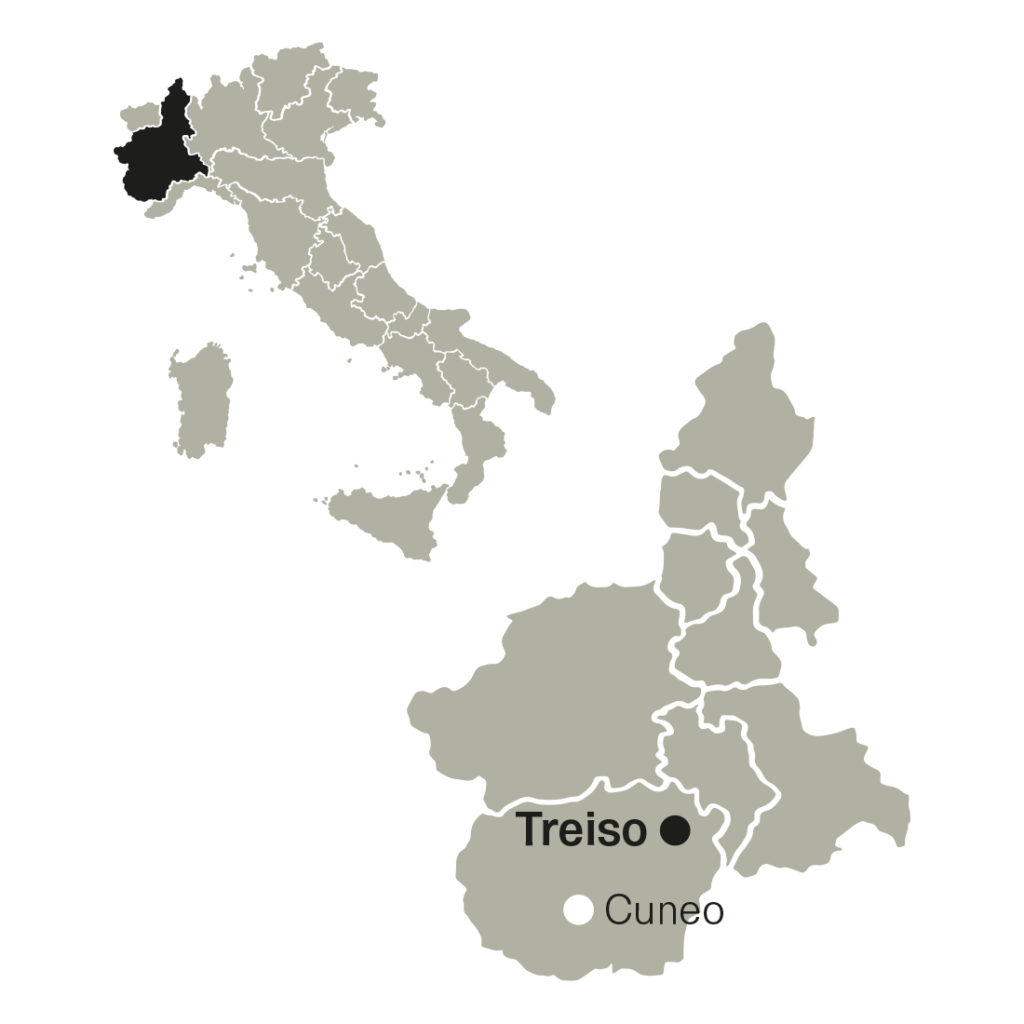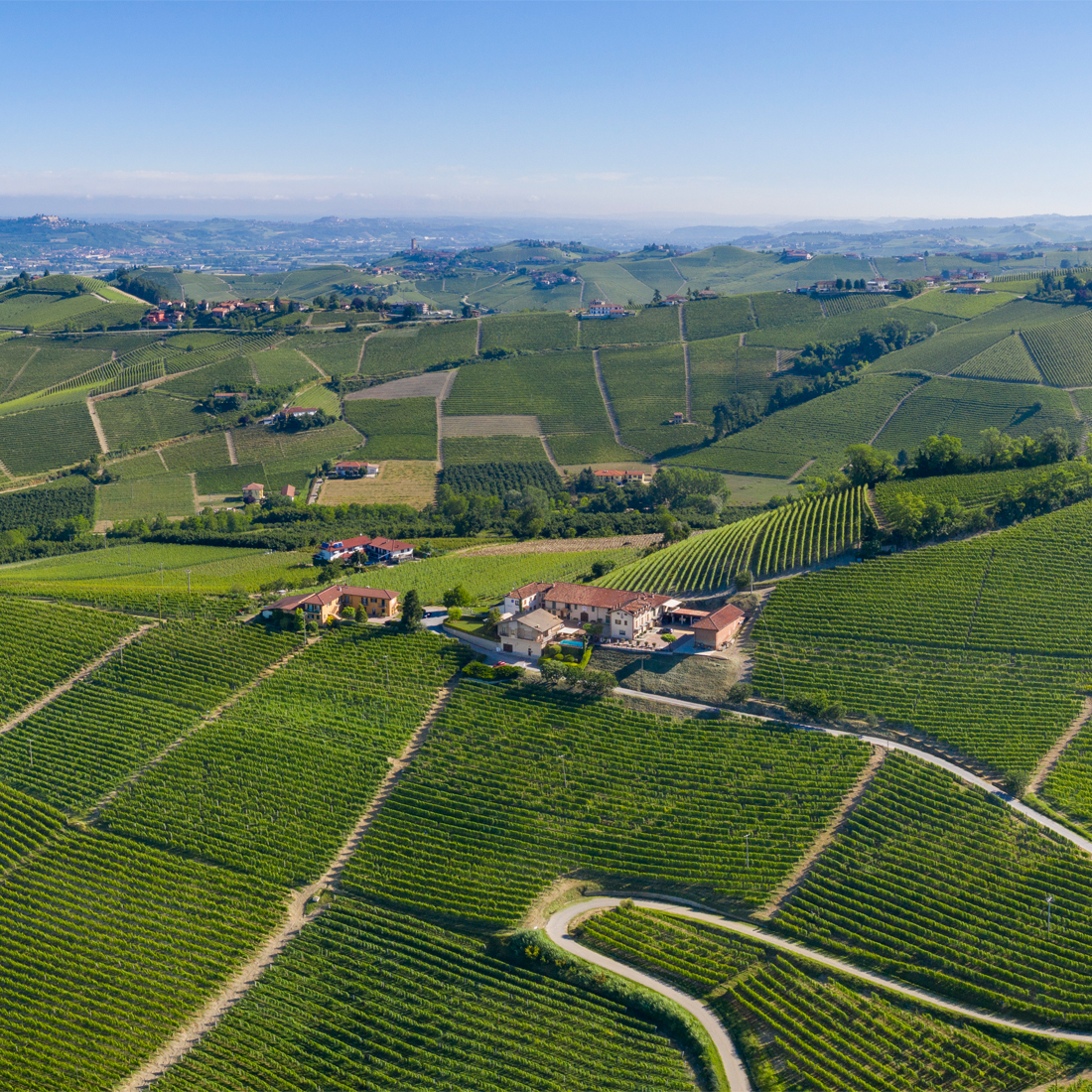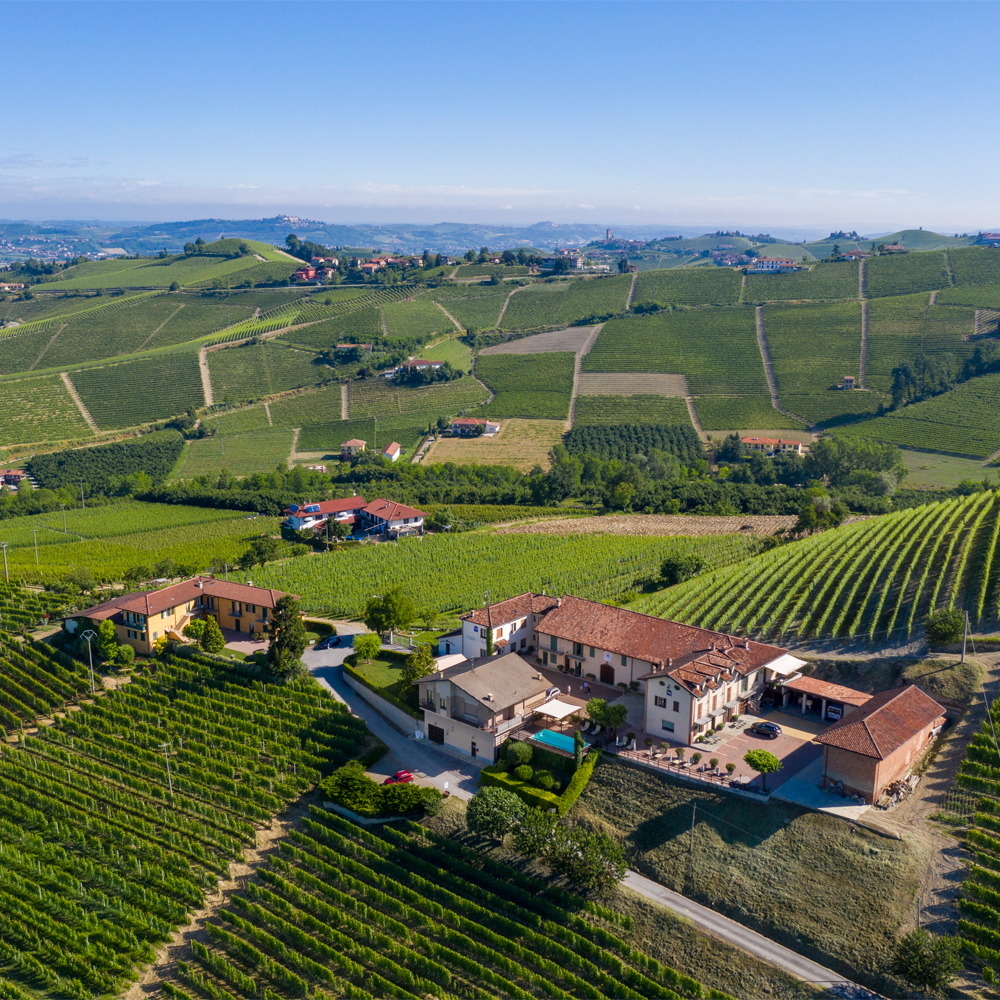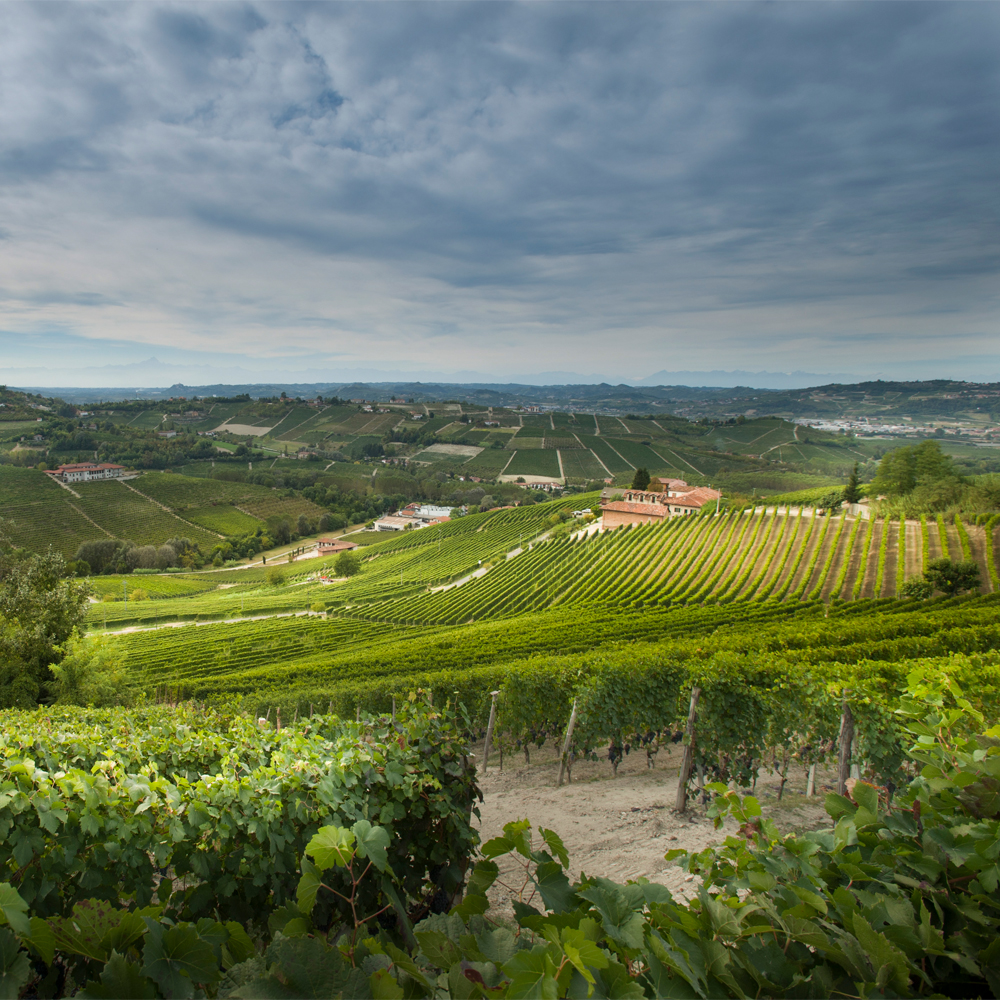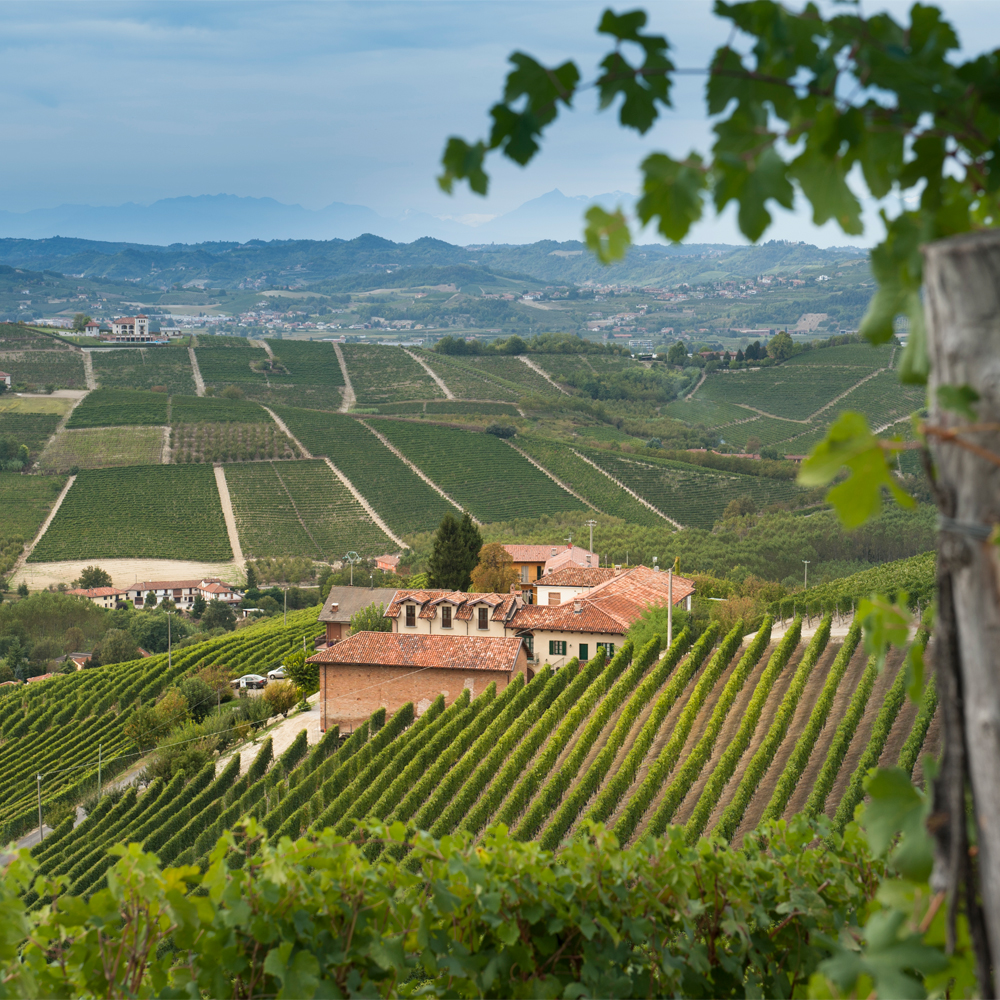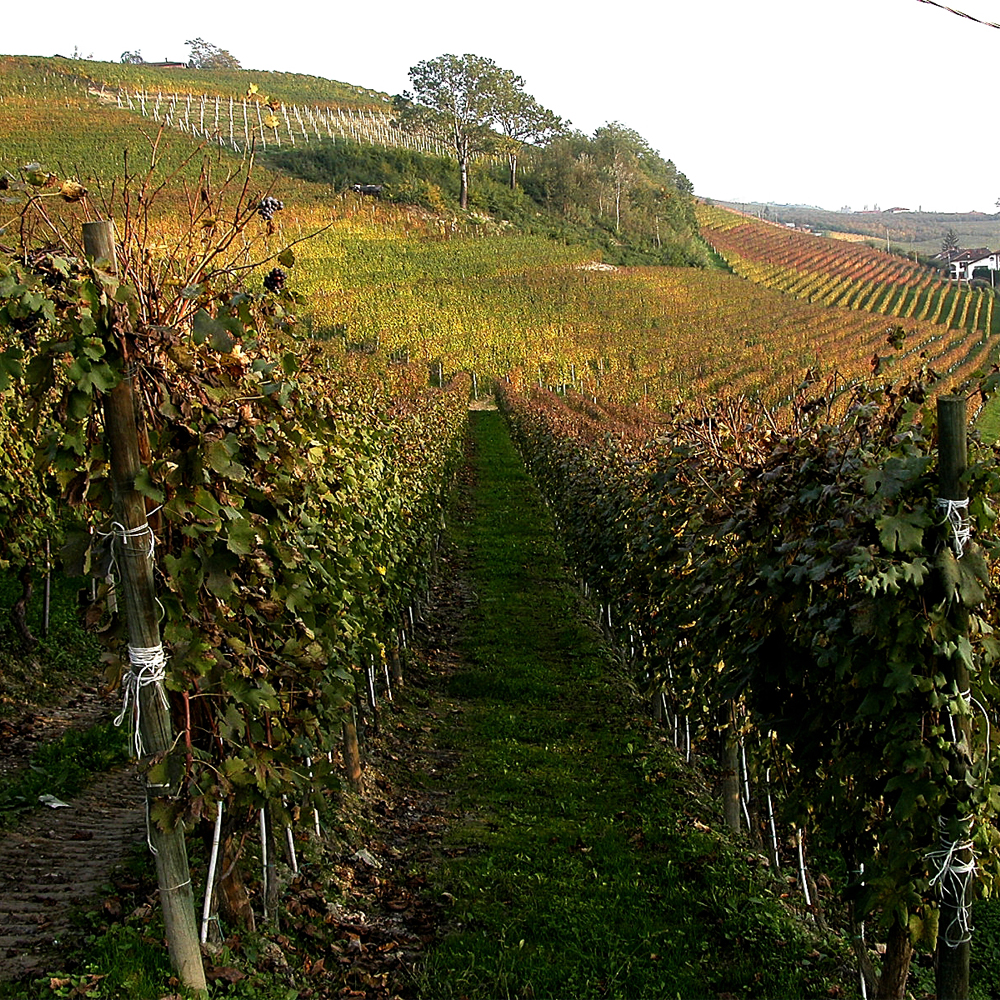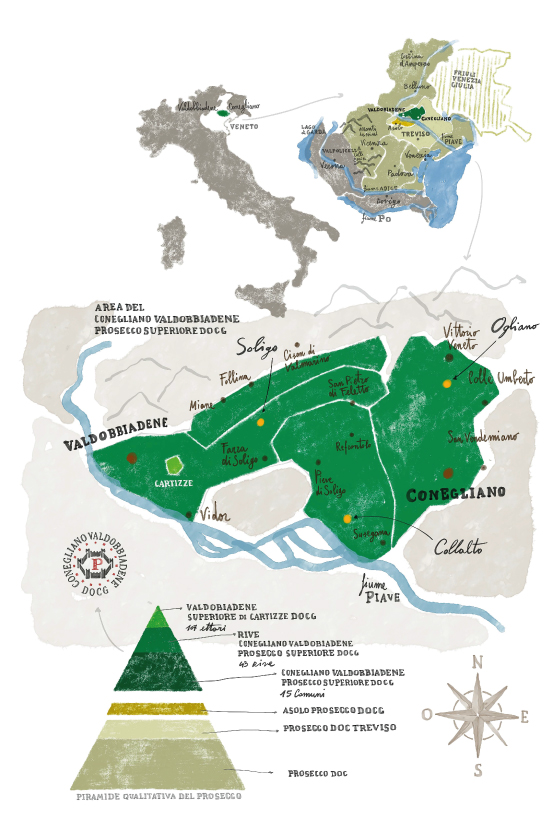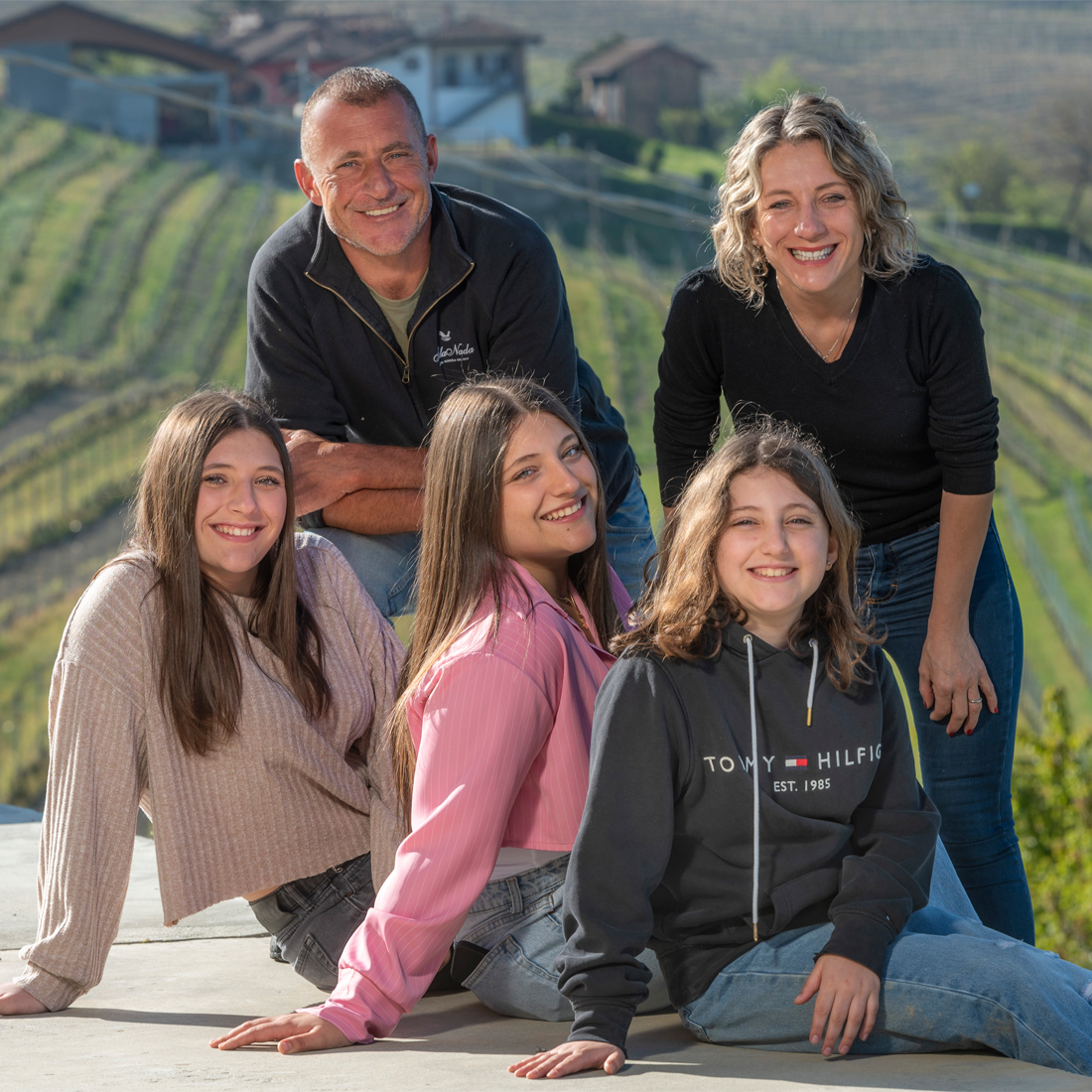
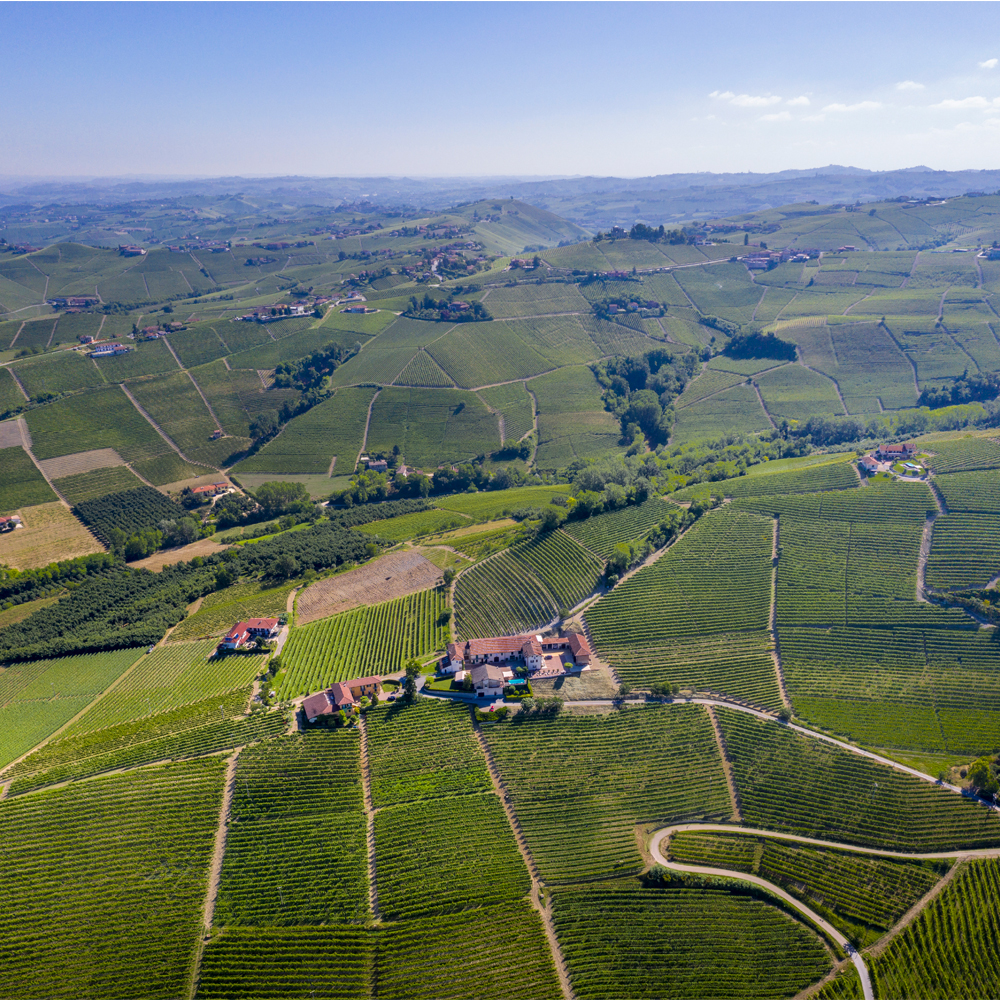
THE COMPANY
The company, founded in 1919 by Carlo Nada, is located in the heart of the Langhe region, in Treiso in the Rombone area, inside an 18th-century winery. In 1955, Carlo was succeeded by his son Giovanni, who in turn passed on his passion for viticulture to his son, who took over the reins of the company in 1989. Giancarlo, an oenologist, together with his wife Ada, brought new impetus and innovation to the company. Following the untimely death of his father in 2012, the company passed into the hands of Annalisa Nada, who now runs it with the invaluable help of her husband Elvio, who is dedicated to the management and care of the vineyards and the work in the cellar. Over the course of four generations, the family’s property has grown from 3 hectares to 9 hectares of cultivated land, mostly located in the important sub-zones of Rombone and Valeirano. The average age of the vines is around 40 years, and the plants are worked exclusively by hand with the utmost respect for the land and nature. The work in the vineyard is aimed at ensuring a natural and long life cycle for the plants, while the harvest, also carried out strictly by hand, is assessed for each individual vineyard with sampling aimed at obtaining the highest quality. Ada Nada wines are distinguished by their elegance and refined complexity of structure, in which we always find the right balance between tension and pleasure.
